(9529 products available)














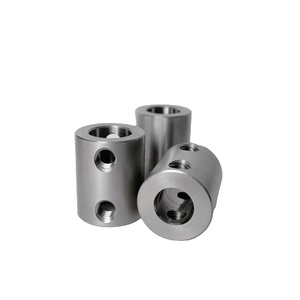



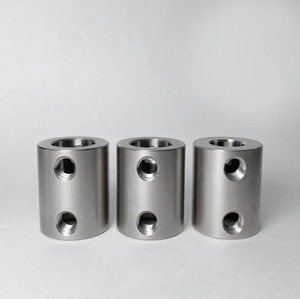












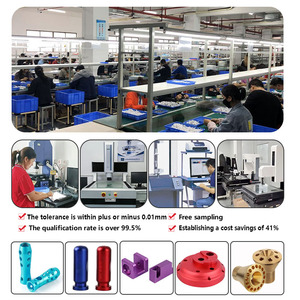


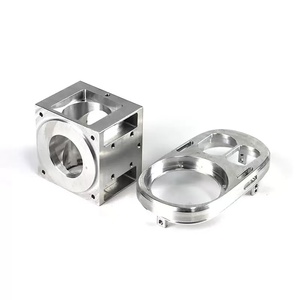
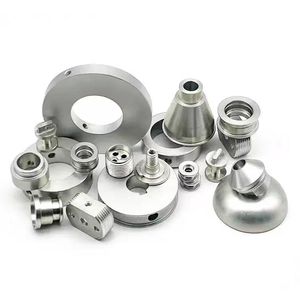

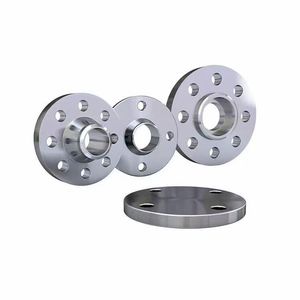










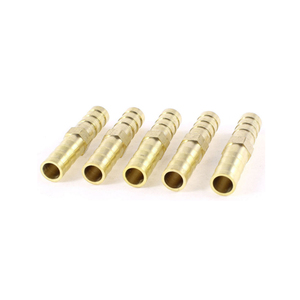








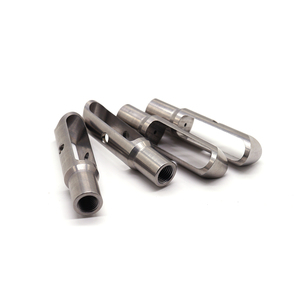
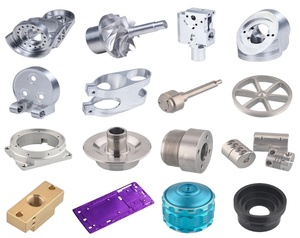
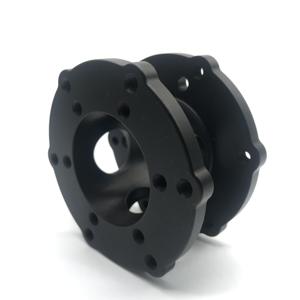
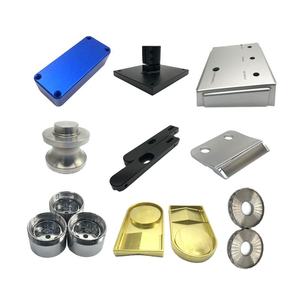












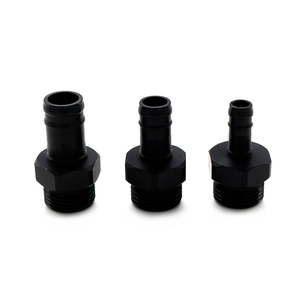

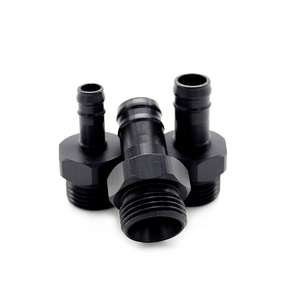
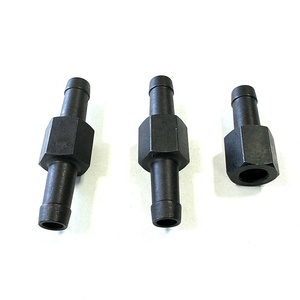




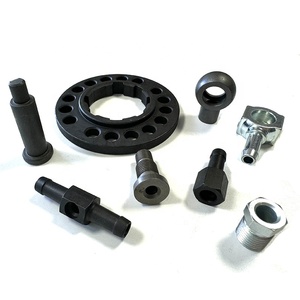
















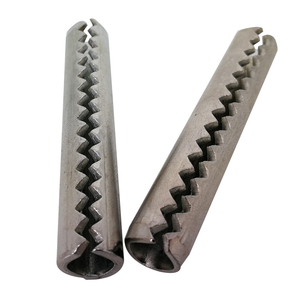



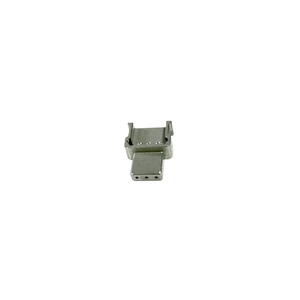
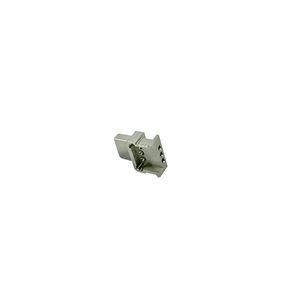

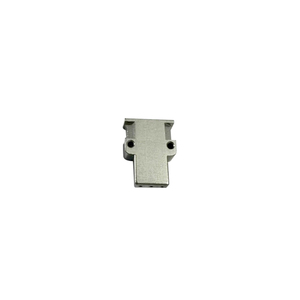




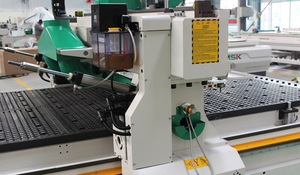





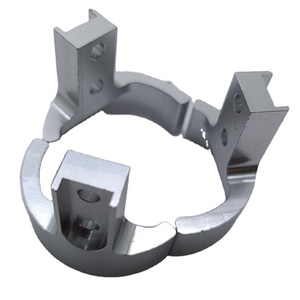
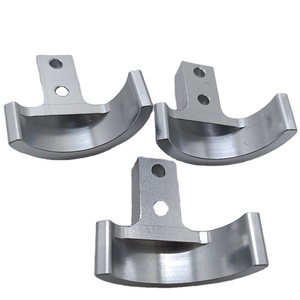






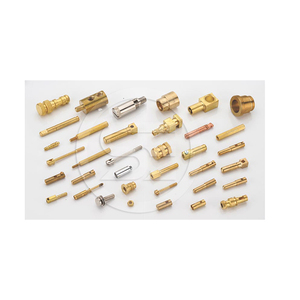


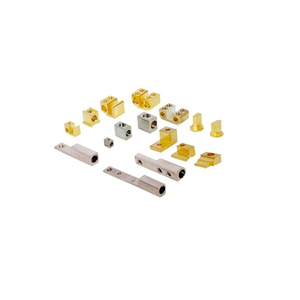


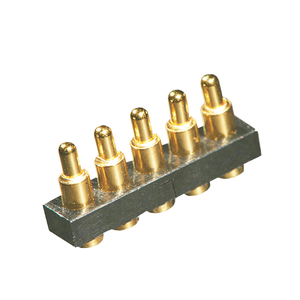



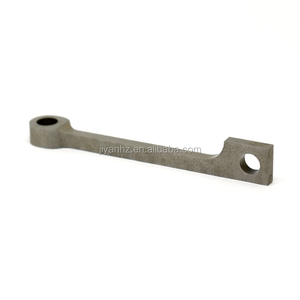

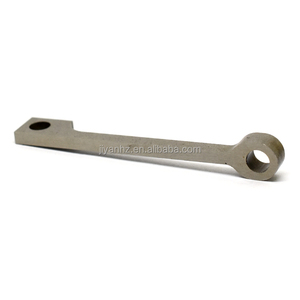


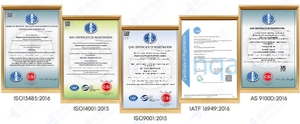







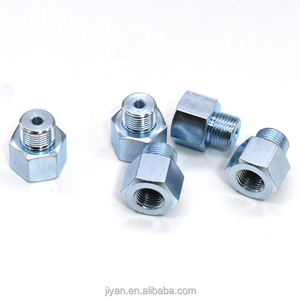

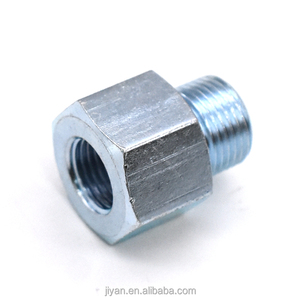




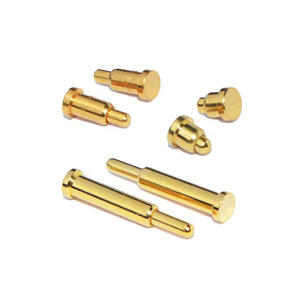

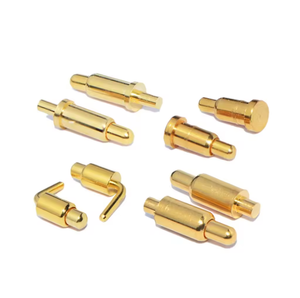




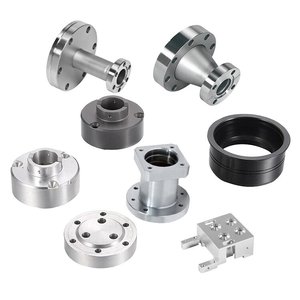
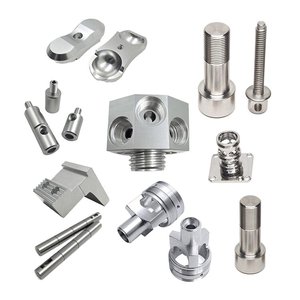

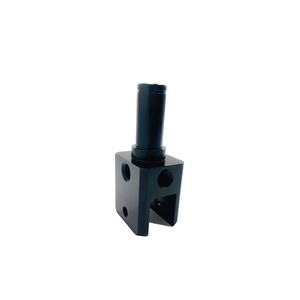
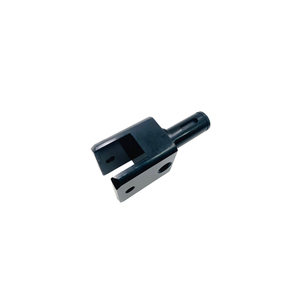

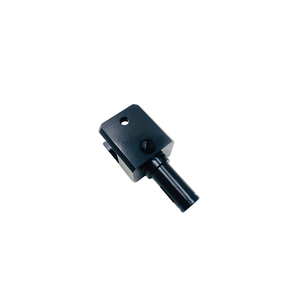


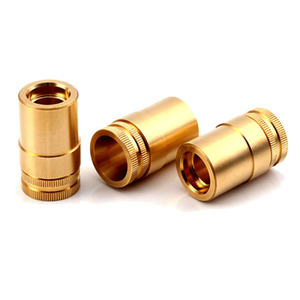

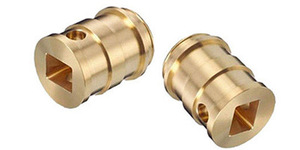




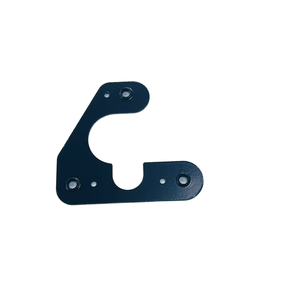
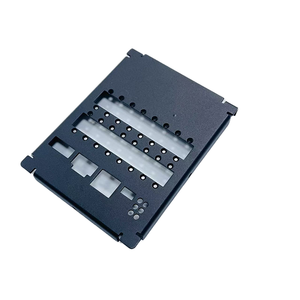





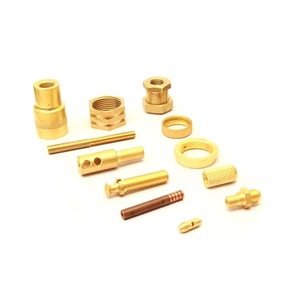
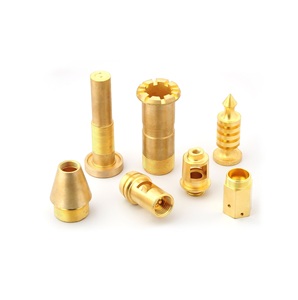


CNC tools have expanded since the first one, the milling machine, was introduced decades ago. As this evolution continued, machine connectors were developed to help incorporate new tech.
In CNC machining, device connectors help establish strong connections between various parts. Some materials and types used to make these connectors include:
Metal connectors offer high structural stability and strength. Thus, they are highly suitable for heavy-duty operating conditions. Their resilience also ensures long-term reliability with minimal wear. Common types of metal connectors include:
Aluminium Connectors
As a light metal, aluminium is ideal for producing CNC machine connectors. It also has resistance to corrosion, ensuring optimal performance, regardless of the conditions. An aluminium CNC machine connector maintains strength without adding excess weight.
Stainless Steel Connectors
CNC machine connectors made of stainless steel resist corrosion and environmental elements. Its durability makes it ideal for PCB connectors in machines exposed to moisture, heat, and other adverse conditions.
Copper Connectors
Connector types made of copper have high conductivity. They are commonly used in applications where pneumatic or electric signals are required. Copper also provides mechanical strength and is often complemented with other materials to resist corrosion.
Brass Connectors
Brass, an alloy of zinc and copper, combines the best of both worlds. Its resistance to corrosion and excellent conductivity make it an ideal choice for electrical and pneumatic CNC machine connectors.
Titanium
Titanium connectors are strong but as light as aluminium. Resistance to corrosion and heat makes them suitable for aerospace and marine connectors.
Plastic and composite connectors are generally lighter and cheaper than metal ones. They also provide a higher electrical insulation degree. Some examples include:
Polymer Connectors
Polymer CNC machine connectors are cost-effective and lightweight. They are highly resistant to corrosive substances and provide strong electrical insulation. This application makes them ideal for several CNC applications, both indoor and outdoor.
Carbon Fiber Reinforced Connectors
Carbon fiber reinforced composite CNC connectors combine incomparable lightness with the strength of steel. It provides an exceptional degree of electrical insulation. Thus, making it an ideal choice in aerospace and other high-tech industries.
Nylon Connectors
Nylon, a highly durable synthetic polymer, has unmatched flexibility. It is also resistant to various solvents and chemicals. This makes it an ideal material for PCB connectors in CNC machines that may be exposed to these elements or experience mechanical stress.
Machine connectors link several components in CNC machines, such as spindles, motors, and tool holders. Each of these parts requires different types of connectors. Some industries where CNC machine connectors are applied include:
Aerospace machine connectors must be able to withstand high temperatures, loads, and vibrations. Common types of these withstandable connectors include:
Automotive industries use CNC machine connectors in various activities, from making parts to welding them. Here are a few examples:
The electronics industry has many CNC parts, such as milling intricate circuit boards and machining connectors. Some CNC parts connectors used in this industry include:
HDMI Connectors
Using CNC machines for PCBs also provides consistency. This results in better quality control and fewer defects. CNC precision ensures that HDMI connectors meet stringent manufacturing standards.
Medial industries also require CNC connectors and use them to create medical devices, equipment, and implants. Some applied here include:
Fluid and Power Connectors
Medical devices, such as pumps and respiratory systems, often require fluid or power transfer. Moreover, these connectors facilitate this transfer efficiently and safely.
Optical Fiber Connectors
CNCs manufacture precision medical imaging devices, such as endoscopes. In these devices, machine connectors ensure the fibers are properly aligned. It allows for clear and accurate imaging during medical procedures.
Choosing the right CNC machine connectors for a precision manufacturing process to ensure efficiency and quality has many factors. Here are some considerations business owners making B2B purchases should apply:
Material
Machine connectors come in various materials, ranging from plastics to metals. Each of these materials has its uses and advantages. Therefore, one should choose the material based on conductivity, weight, resistance, and durability, required for the machine's various applications.
Compatibility
PCB connectors must be compatible with devices and equipment. One should consider factors like size, type, and application. Additionally, one should ensure the connectors are compatible with the machine's next upgrade or addition. This will save them the time and cost of acquiring new connectors when the machines are upgraded.
Industry Requirements
Various industries have unique connector requirements. For instance, the aerospace industry requires connectors with sealing capabilities against extreme pressure. On the other hand, the medical industry prefers CNC machine connectors to be highly sanitized.
Regulatory Standards
Certain industries like automotive and aerospace have set government regulations. These regulations often pertain to performance, safety, and reliability. It is thus important to ensure that the CNC machine connectors adhere to these regulations.
Maintenance and Longevity
It is advisable to choose connectors that are easy to maintain and have a long lifespan. Lons life connectors like CNC machine connect and disconnect save replacement cost and downtime. In maintenance, go for the type that does not wear and tear often. Avoid those that require regular checks.
Cost
CNC machine connector costs are influenced by material, brand, and specifications. However, expensive does not necessarily mean better in terms of performance. Sometimes, the cheaper ones are just as efficient. Unless there are B2B bulk purchase discounts, one should also consider the price. They will be making repeat purchases if their current clients are in industries like automotive or aerospace. So, unless there are compelling reasons, one should avoid high-end products. After all, even a small saving can translate into a big one in the long run.
A1. CNC connectors are connectors like jacks and plugs for computer numerical control (CNC) machines. Manufacturers now make them from several materials, including plastics and metals. Metal types like brass, copper, aluminium, and stainless steel are ideal for conduction electric currents. Meanwhile, plastic and composite connectors are for proportional resistances and lighter in weight.
A2. Bnc connectors facilitate the production of aerospace parts, medical devices, automotive components, electronic gadgets, and machinery. They ensure precise assembly, improve product quality, and enable the production of complex designs in these industries.
A3. Love DC machine connector types have a positive and negative part that matches each other perfectly. This close fit allows the machine to do its job very well while still keeping everything safe inside. You can picture it like putting two puzzle pieces together - the flat ones always line up, and the rounded ones do too. This helps the machine work fast while making things very accurately. For added protection, the connector is also sealed with a rubber cover to keep dirt and moisture from messing things up.
A4. Yes, CNC machine connectors can be customized. For instance, a client requires certain sizes, shapes, or materials to fit specific products or unique needs. Thus, it gives people the freedom to get exactly what they need for their projects.
A5. There are many kinds of CNC connectors, but the most common are hose and connector fittings, circular connectors, rod and bolt connectors, and USB and HDMI connectors.